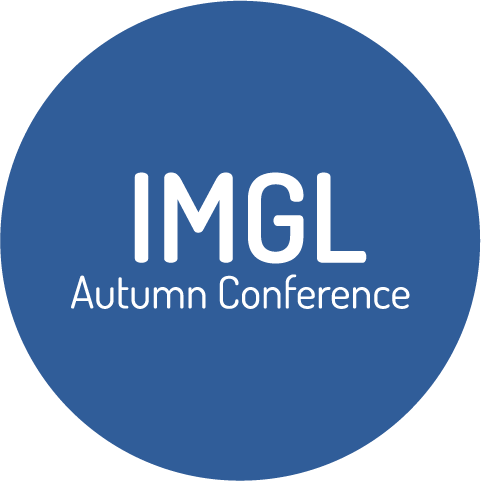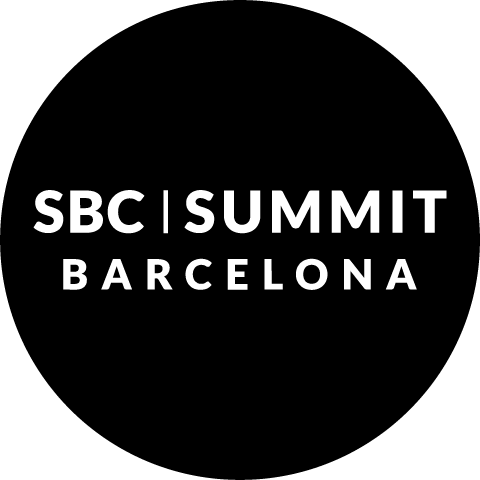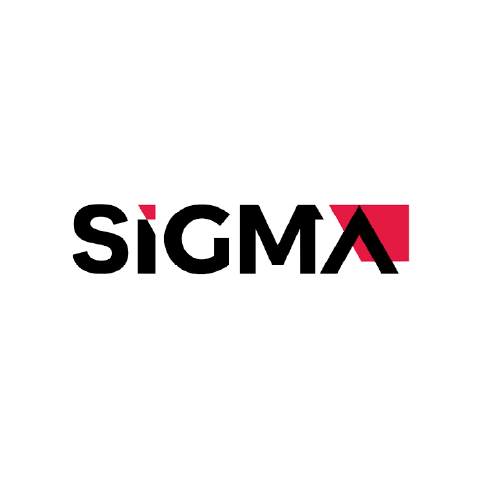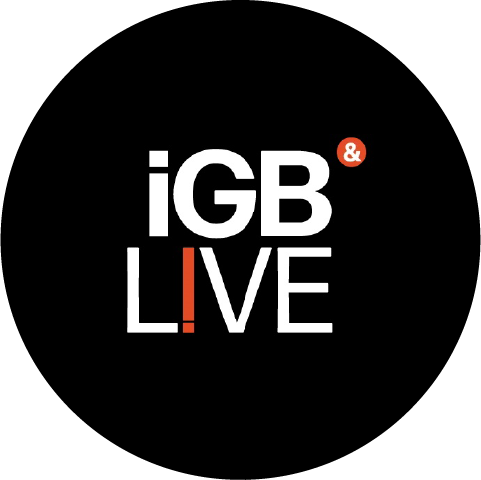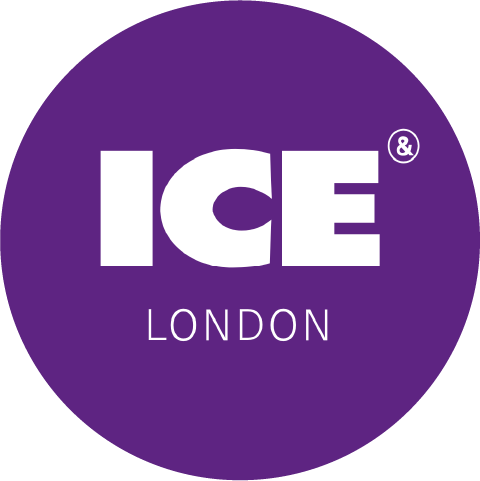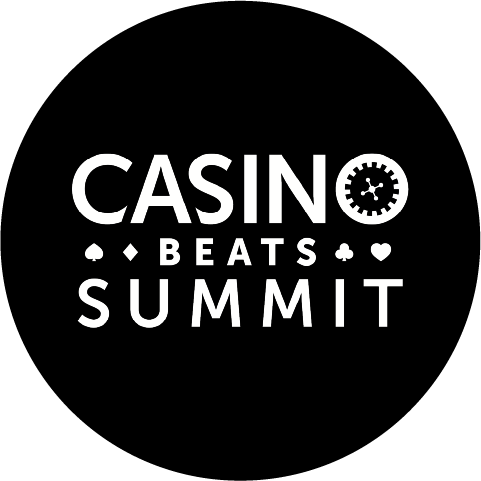MALTA
GAMING LICENSES: A COMPREHENSIVE GUIDE


Navigate the process of obtaining
MALTA
GAMING LICENSES
and recognition notices with ease.

CHALLENGES AND
CONSIDERATIONS:
- Understanding the complex requirements and processes can be daunting and time consuming.
- Navigating the licensing process can be complicated and overwhelming.
- Determining which Malta gaming license you need can be confusing.
- The potential need to acquire an MGA recognition notice for a gaming entity licensed in EU/EEA may raise some questions.

WE PROVIDE A COMPREHENSIVE
GUIDE:
- Our dedicated team provides personalized guidance and assistance throughout the Malta gaming license application process.
- We help you determine the appropriate license type, whether B2B, B2C or both (Corporate License).
- Our experienced professionals assist in meeting ongoing reporting requirements and license maintenance obligations, saving you time and hassle.
- We simplify obtaining a recognition notice from the MGA for gaming entities licensed outside Malta.
MALTA
ONLINE GAMBLING AND MALTA GAMING LICENSES: A COMPLETE OVERVIEW
The online gambling world is rapidly evolving, and Malta has emerged as a prominent solution for gaming companies seeking reliable regulation and a favorable business environment. The Malta Gaming Authority (MGA), at the forefront of regulatory advancements, plays a pivotal role in ensuring the integrity and fairness of the gaming industry.
The MGA's comprehensive regulatory framework and commitment to industry growth and consumer protection have positioned Malta as a global gaming hub. As you navigate the intricate landscape of gaming licenses, it is important to ensure you align your business goals with the appropriate license type to unlock the benefits of Malta's thriving gaming industry. Contact us to initiate a personalized discussion about your Malta License application.
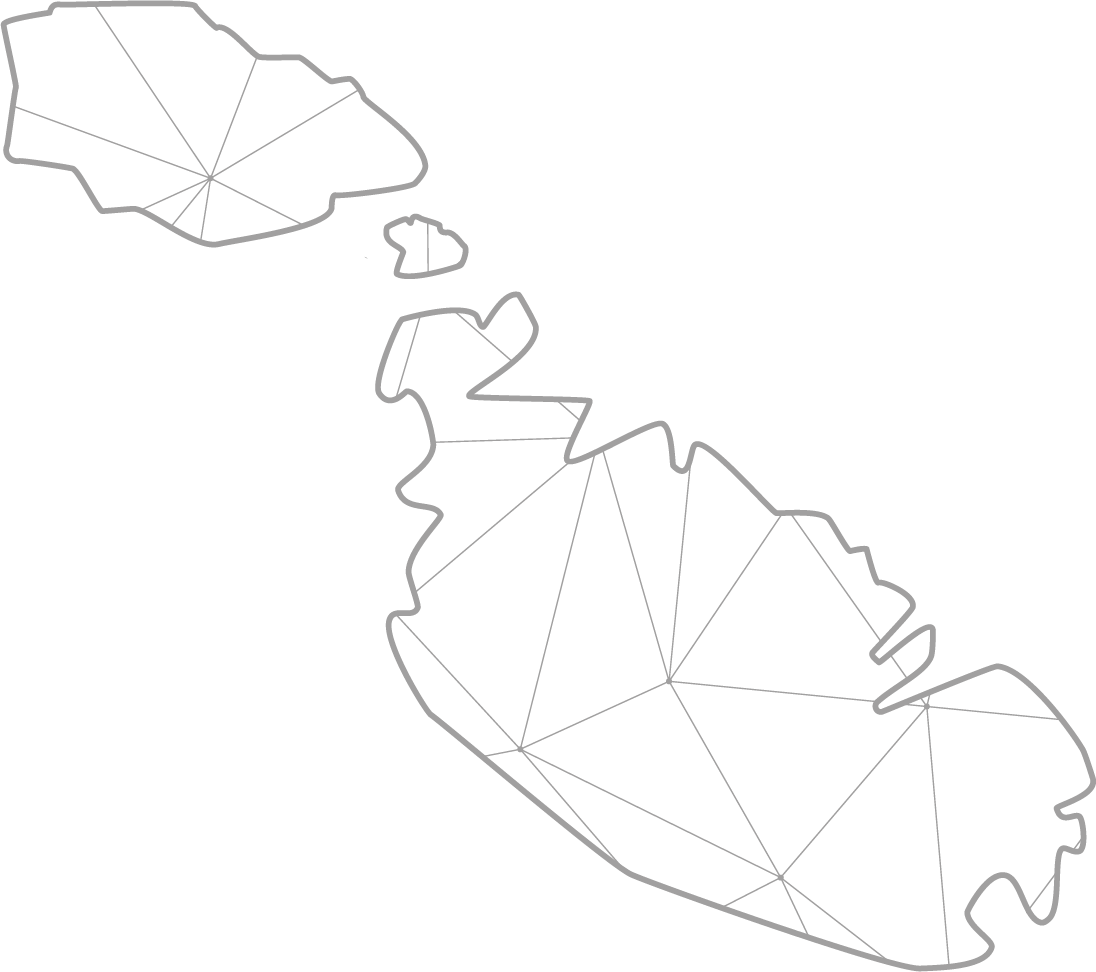

Only a few years before Malta joined the EU in 2004, the MGA had already started to regulate internet gambling. This meant Malta was the first EU Member State to endorse legislation on remote gambling. Malta has since been at the leading edge of regulatory developments in the online gambling industry. The MGA’s main priority has always been to create a stable and attractive regulatory environment, enabling the operator to adjust smoothly to this fast paced industry without losing focus on the consumers’ wellbeing.
In this guide, we delve into the specifics of obtaining a Malta gaming license, the associated costs, and the benefits of doing so.
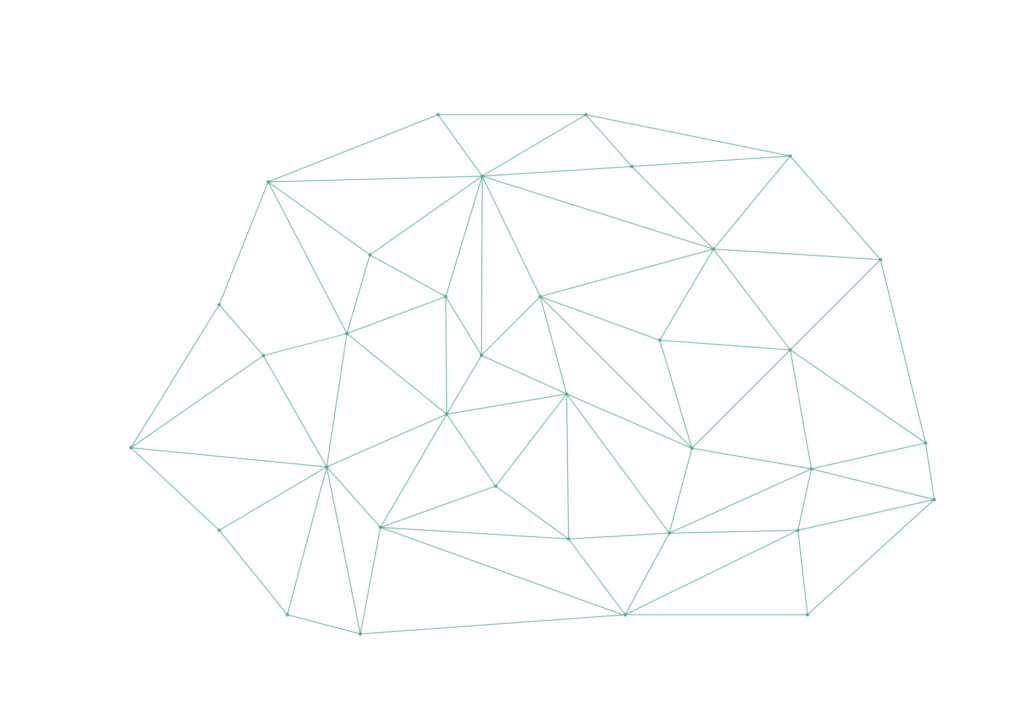
FIND OUT MORE
ABOUT
UNDERSTANDING MALTA GAMING LICENSES
The MGA offers two primary categories of licenses:
B2C
BUSINESS TO CONSUMER
= OPERATOR
B2B
BUSINESS TO BUSINESS
= SUPPLIER
The B2C license caters to operators directly engaging with players, while the B2B license is designed for gaming services and software suppliers. For those licensed outside of Malta (usually for countries in EU / EEA), the MGA issues a recognition notice to extend similar rights to these entities as if they were licensed within the country. For this to be able to work, the MGA needs to see whether the licensing country has similar regulatory regime as its own to be confident in accepting such recognition notice.
B2C LICENSE
(GAMING SERVICE LICENSE)
For entrepreneurs aiming to provide games directly to players, the B2C license encompasses various game types. So, if you intend to offer gaming services directly to consumers or end users, such as operating an online casino, sportsbook, or poker platform, you would generally need a B2C license.
The different types of B2C licenses are categorized based on the kind of games offered:
- Type 1: €100,000 - Covers RNG-based casino games, online lotteries, and virtual sports games.
- Type 2: €100,000 - Encompasses fixed odds betting.
- Type 3: €40,000 - Includes poker rooms and peer-to-peer (P2P) gaming like poker, bingo, and betting exchanges.
- Type 4: €40,000 - Applies to controlled skill games where players can win prize money.
The licensing process necessitates adherence to detailed due diligence requirements, including identifying beneficial owners and their financial stability.
B2B LICENSE
(GAMING SUPPLIER LICENSE)
The B2B license, also known as the critical gaming supply license, focuses on supplying and managing core game elements and software or control systems. This license is essential for entities supplying gaming products and services to other licensed operators. So, if your company's primary focus is to provide gaming services and software to other businesses (operators, platforms, or other B2C license holders), you would typically require a B2B license.
THE CORPORATE LICENSE
The MGA allows groups of companies to apply to a “group” or “corporate” license, provided some requirements are met. This means that a company will be able to offer B2C services to its customers (via any types of verticals agreed to) and would be able to provide its in-house software, platform and games to its own entities within the structure without having to obtain a B2B license
REQUIREMENTS
There are a few requirements to be able to adhere to the MGA Corporate License:
- The group’s parent entity needs to exercise control to the extent of over 90% over other bodies corporate in the same group, whether by way of shareholding or voting rights.
- One cannot offer critical gaming supply services (i.e., software, platform, and games) developed in house to third parties. Should one wish to do so, the Corporate License is not sufficient and a B2B license is required.
- Share capital requirements are as per B2C license, according to the games offered (€40,000-€240,000).
- There needs to be a minimum of 2 entities in the structure.
ADVANTAGES
Here are the main advantages of the Group License:
- Further companies, residing in the EU/EEA, can be added to the group under the same corporate license.
- Only one annual license fee is payable to the MGA.
- Only one set of appointments for the key functions, required by MGA (such as Key Compliance, MLRO, internal audit, legal affairs, and data protection), are necessary – avoiding a duplicate of roles and thus streamlining the group team and decision making.
Comparison between options


CHOOSING THE RIGHT LICENSE
FOR YOUR BUSINESS
Deciding between B2C and B2B licenses depends on your business activities. A B2C license suits those directly offering gaming services to individual players. On the other hand, a B2B license is apt for those providing gaming products and services to other licensed operators.
Companies engaging in both roles may require both licenses. For example, if you aim to provide gaming services to other operators (B2B) while also operating your gaming platform or website for individual consumers (B2C).

OUR
RECOMMENDATION:
Be aware that licensing requirements can vary depending on specific activities and circumstances. Please contact us for a personalized discussion regarding your particular situation and needs. This will enable us to offer customized advice based on your unique business model, target markets, and regulatory considerations. We can effectively guide you through the licensing process by assessing your requirements accurately.
Our dedicated team assists entrepreneurs in obtaining licenses while ensuring compliance with local substance, legal, and financial requirements.
In addition to helping you incorporate a Malta (EU based) company, which is necessary for license application, our lawyers and accountants can manage the license application process, opening bank and merchant accounts, preparing annual financial statements, drafting employment agreements, and more. We can provide experienced staff for your Malta operation to fulfill the local requirements known as Key Functions.

NAVIGATING THE APPLICATION
PROCESS
The MGA license application process involves several phases: application submission, verification, and systems review. Generally, the process is quite similar for B2B and B2C applications, with the B2B having fewer or different requirements.
Required documentation encompasses detailed business plans, anti-money laundering (AML) procedures, technical setup policies, and more. The MGA's thorough due diligence process aims to ensure applicants' legitimacy and financial stability.

MGA
APPLICATION

We will inform you of the application forms to be submitted to the MGA and assist you in completing these.
We will then start requesting all the required documents, policies, and procedures from you, such as:
- Business plan
- AML/CFT & onboarding procedures
- Sports betting integrity (if applicable)
- Responsible gaming procedures
- Technical set-up and policies
- Terms and conditions
The MGA will also want to see all contracts with business partners, such as the cloud/server partners, game and software provision partners, and anything directly influencing the company's operations to be licensed.
The process is quite extensive regarding the due diligence documentation required by MGA. It requires identifying all Beneficial Owners (BOs) holding directly or indirectly 10% or more ownership in the company.
Some of the documents required would be to identify the good standing of the individual (police conduct, bank or professional reference of a character nature), as well as the financial stability of the applicant (supporting documentation proving the source of wealth), showing the individual/s is/are capable of maintaining a licensed MGA entity. Similar documentation (excluding the source of wealth documents) is required for anyone with either a management position (director/s) or a Key Function position.
MGA
VERIFICATION
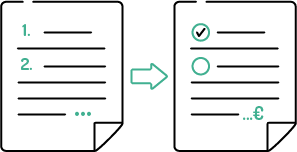
After submitting all the required documentation to the MGA, they will commence their review process. During this phase, it is common for the MGA to provide additional ad hoc queries to seek further clarification or request other documentation on a case-by-case basis. These queries aim to ensure a thorough application understanding and meet specific requirements.
SYSTEMS
REVIEW

After the MGA has completed its review of the documentation, it will issue a request to implement the technical/IT aspects on the website(s) within 60 days.
Once your technical team has implemented it, an external and MGA approved auditor will need to conduct a systems audit systems audit. The MGA needs this to have confirmation that all processes indicated in the companies’ policies are correctly implemented.
Once this has been achieved, the MGA proceeds with a final review and grants or refuses the license to the operator.
The license will be valid for ten years unless the operator does not comply with their ongoing obligations.
LICENSE MAINTENANCE AND KEY FUNCTION HOLDERS
Once licensed, companies must fulfill ongoing reporting requirements. Key Function holders, responsible for specific aspects of the gaming business, play a pivotal role in license maintenance. These roles are essential for ensuring compliance and effective management within the regulatory framework. External auditors review systems and processes to validate compliance.
Over the years, we have realized that licensed entities do not always have a team with sufficient knowledge to handle the MGA’s reporting requirements.
This is where we can assist, as we have a wide range of professionals from various disciplines who can support your team in fulfilling these ongoing requests.
The advantage? You pay one fee, monthly or yearly, and get the experience and expertise of a dedicated team of individuals. Our team is constantly in close correspondence with the MGA and scrutinizing any new development in the industry to ensure your business is always on top of its game.


In Malta, most reporting requirements, or license maintenance requirements, are arranged through the key function roles.
A key function is an essential position for which only individuals can be appointed.
In other words, they are the main responsible person(s) for a specific aspect of the gaming business in a licensed company. These individuals are also the persons the MGA will contact depending on the topic (legal issues to legal affairs key function holder, player's complaints to compliance officer, etc.).
To provide essential services as key function holders to a licensed entity, individuals must undergo a vetting process by the MGA and obtain a certificate of approval. Whether operating or planning to operate under an MGA license, B2B and B2C companies are required to appoint specific key function officials responsible for various roles and responsibilities.
For B2C licensed entities, eight roles must be fulfilled, while for B2B licensed companies, this number is seven. Sometimes, an individual may be appointed to multiple key functions if there are no conflicts between roles (such as compliance-oriented roles conflicting with business-based ones).
We can also serve as key function holders upon request from the licensee, provided specific requirements are met.

RECOGNITION NOTICE
WHAT IS A RECOGNITION
NOTICE?
Entities licensed outside Malta can benefit from recognition notices issued by the MGA. These notices extend equivalent rights to foreign license holders, allowing them to serve Maltese licensed entities and players without needing additional Key Function appointments. Recognition notices are subject to annual renewal and streamline the cross-border gaming operations of foreign license holders.
The MGA looks at the jurisdiction where the existing license is issued and recognizes most European Union (EU) and European Economic Area (EEA) countries as offering safeguards that align with the MGA’s requirements. They also look on a case-by-case basis at states outside the EU/EEA and may approve a recognition notice if they deem the level of control and protection equivalent to those enforced in Malta.
The UKGC license, for example, is currently still recognized by the MGA; hence, UKGC license holders may apply for a recognition notice from the MGA. This is however subject to confirmation as, since Brexit, the MGA has evaluated accepting UKGC license holders for recognition notices on a yearly basis.
THE BENEFITS OF
A RECOGNITION NOTICE
If an applicant with a foreign license obtains the recognition notice from the MGA, they can service Maltese licensed entities and players. A recognition notice does not require the licensed entity to appoint Key Function officials contrarily to an MGA license.
DURATION AND COSTS OF
THE RECOGNITION NOTICE
We can make the process for the application straightforward for you.
To receive the recognition notice from the MGA should take between 4 to 8 weeks.
The MGA application costs €5,000 and should be renewed yearly.

An MGA license refers to a Malta gaming license. It is a crucial authorization granted by the Malta Gaming Authority (MGA) that allows gaming operators to legally conduct their online gaming activities. Acquiring a Malta Gaming License demonstrates compliance with stringent regulatory standards set by the MGA, ensuring integrity, fairness, and player protection within the gaming industry.
Obtaining a Malta Gaming License is essential for operators seeking to establish credibility and trustworthiness in the online gaming market. With a Malta Gaming License, operators gain access to a reputable regulatory framework that enhances their market reputation and instills confidence among players.
Moreover, holding a Malta Gaming License facilitates access to various international markets, as it signifies adherence to high regulatory standards recognized globally. This license enables operators to expand their reach and attract players from different jurisdictions, thus enhancing business growth opportunities.
In summary, obtaining a Malta Gaming License is pivotal for gaming operators looking to operate legally, maintain credibility, and access broader market opportunities in the online gaming industry.
For more information on acquiring a Malta Gaming License and assistance with the application process, please contact us to speak with our dedicated team of experts.

The Malta gaming license, issued by the Malta Gaming Authority (MGA), stands out among regulatory licenses in the online gaming industry due to its comprehensive regulatory framework, international recognition, and stringent compliance requirements.
Here are its main advantages:
- It is valid for 10 years, whereas most other similar licenses have to be renewed yearly or every 5 years.
- Since the license is from the EU, there is an ease in facilitating relations with third parties, banks & PSPs in Europe.
- It is a comprehensive license, encompassing all types of games.
- It was the first of its kind in the EU, giving it a long standing reputation and legacy.
- With Malta being a gaming hub, if an operator sets-up offices locally, it will find plenty of experienced workforce in the gaming industry with people from all over the world.
- Malta is seen as a top-tier jurisdiction in the iGaming industry.
Acquiring a gaming license in Malta involves a comprehensive process facilitated by the Malta Gaming Authority (MGA). This is an overview of the steps::
1. Understanding License Types:
The first step is to determine the type of gaming license that aligns with your business activities.
- Business-to-Consumer (B2C) license: This is for operators that engage directly with players.
- Business-to-Business (B2B) license: This is for suppliers that offer gaming products and services to other licensed operators.
2.Preparation and Documentation:
Once you've identified the appropriate license type, you'll need to prepare the necessary documentation for the license application. This typically includes a detailed business plan, anti-money laundering procedures, technical setup policies, and other regulatory requirements outlined by the MGA.
3.Submission of Application:
Submit your completed application forms and supporting documents to the Malta Gaming Authority. Ensure that all information provided is accurate and meets the regulatory standards set forth by the MGA.
4.Verification Process:
The MGA will review your application and conduct thorough due diligence to assess your suitability for a gaming license. This process may involve additional queries or requests for clarification to ensure compliance with regulatory requirements.
5.Systems Review:
Upon successful verification of your application, you'll be required to implement the technical aspects of your gaming platform as per the MGA's guidelines. An external auditor approved by the MGA will conduct a systems audit to ensure compliance with regulatory standards.
6.Final Review and Approval:
After completing the systems review, the MGA will conduct a final review of your application. If your application meets all regulatory requirements and standards, the MGA will grant you a gaming license, allowing you to legally operate your gaming business in Malta.
7.License Maintenance:
Once licensed, it's essential to fulfill ongoing reporting requirements and comply with the MGA's regulatory framework. Key Function holders play a crucial role in license maintenance, ensuring compliance with regulatory obligations and effective management within the regulatory framework.
For personalized assistance and guidance throughout the gaming license application process, please contact us to speak with our experienced team of professionals. We can provide tailored support to help you navigate the regulatory requirements and secure your gaming license in Malta effectively.
The cost of the Malta gaming license consists of several components, each essential for ensuring compliance with the regulatory standards of the Malta gambling industry. For effective financial and budget planning, understanding the expenses is crucial. One should also note that, depending on the classification of the license (B2B/B2C) and types of games, the company will be required to have a minimum share capital fully paid up between €40,000 to €240,000 (which can be used in the company and does not have to be blocked).
The initial application fee for a Malta gaming license is of €5,000 (non-refundable fee to the MGA). This fee covers the cost of processing your application and conducting due diligence checks to assess your suitability for licensure. Additionally, there are annual renewal fees to keep your gaming license active, ensuring the ongoing compliance of the operation with the regulatory standards of the Malta Gambling Authority. These year fees, available on the MGA's official website, vary depending on the type and scope of your gambling activities.
Furthermore, there are additional expenses associated with maintaining regulatory compliance and operational efficiency. These include legal and consultancy fees, compliance costs, and operational expenses incurred as part of the ongoing maintenance of the gaming license in Malta. By understanding and budgeting for these expenses, you can effectively manage the financial commitments of operating within the regulatory framework of the Malta gambling industry.
For personalized assistance with understanding the cost implications of obtaining a Malta gaming license and navigating the licensing process, please contact us to speak with our experienced team of professionals. We can provide tailored support to help you navigate the regulatory requirements and secure your gaming license in Malta effectively.
Hyperlink to divert to paragraph about different types of licenses

In Malta, the Malta Gaming Authority (MGA) regulates and oversees all gaming activities that are conducted in the jurisdiction. Therefore, the MGA is resposible for maintaining integrity, fairness and legality within the online gaming industry.
Operators seeking to operate within Malta or provide gaming services to Maltese players must obtain licensing and approval from the Malta Gaming Authority. The Malta Gaming Authority establishes strict regulatory standards and guidelines which operators must adhere to.These regulatory standards and guidelines cover a number of topics which include player protection, anti-money laundering and responsible gaming.
When an operator is approved by the MGA, there is a perception of trust and confidence amongst players and stakeholders. Furthermore, the MGA's commitment to maintaining a fair and transparent gaming environment fosters a positive reputation for licensed operators, enhancing their market credibility and competitiveness.
In addition to regulatory oversight, the Malta Gaming Authority actively promotes industry growth and innovation, supporting initiatives that drive the development of Malta's gaming sector. Through collaborative efforts with industry stakeholders and continuous regulatory enhancements, the MGA contributes to the sustainability and prosperity of the online gaming industry.
Operators aspiring to operate within Malta or engage with Maltese players must seek approval from the MGA to demonstrate compliance and uphold industry standards.
For personalized guidance on navigating the regulatory requirements set forth by the Malta Gaming Authority and securing licensing for your gaming operations, please contact us to consult with our experienced team of professionals.
Maintaining compliance with a Malta iGaming license is crucial for operators to uphold regulatory standards and ensure the integrity of their operations. Key considerations include implementing robust anti-money laundering (AML) procedures, responsible gaming measures, and technical setup policies as outlined by the Malta Gaming Authority (MGA). Operators must also fulfill ongoing reporting requirements and appoint Key Function holders responsible for specific aspects of the gaming business. To ensure ongoing regulatory adherence, operators should regularly review and update their compliance policies, conduct internal audits, and stay abreast of regulatory developments. By proactively addressing compliance obligations, operators can mitigate risks, build trust among players, and sustain long-term success in the gaming industry.

The Malta gambling license application process varies for B2B (business-to-business) and B2C (business-to-consumer) operators, each requiring tailored documentation and compliance measures. B2C operators, engaging directly with players, must provide detailed business plans, anti-money laundering procedures, and technical setup policies. In contrast, B2B operators, supplying gaming products and services to other licensed operators, focus on demonstrating their ability to meet industry standards and regulatory requirements. For an effective license application process, operators must consider identifying who their beneficial owners are, fulfilling their due diligence requirements and ensuring that they are aligned with the MGA's guidelines.
Recognition notices issued by the Malta Gaming Authority (MGA) extend equivalent rights to foreign license holders, enabling them to serve Maltese licensed entities and players without additional Key Function appointments. These notices streamline cross-border gaming operations, providing foreign license holders with access to the Maltese market and regulatory benefits. Recognition notices are subject to annual renewal and are granted based on the MGA's evaluation of the jurisdiction's regulatory standards. By obtaining a recognition notice, foreign license holders can expand their business reach, enhance operational efficiency, and capitalize on opportunities within the global gaming industry.

WHERE YOU CAN FIND US
EM Group offers compliance and corporate services for companies active in the online-gaming industry in Curaçao, Malta, the Netherlands and Cyprus
© 2023 EM Group | All rights reserved | Privacy Policy |Website Privacy Statement| Cookie Policy | Disclaimer & Copyrights


